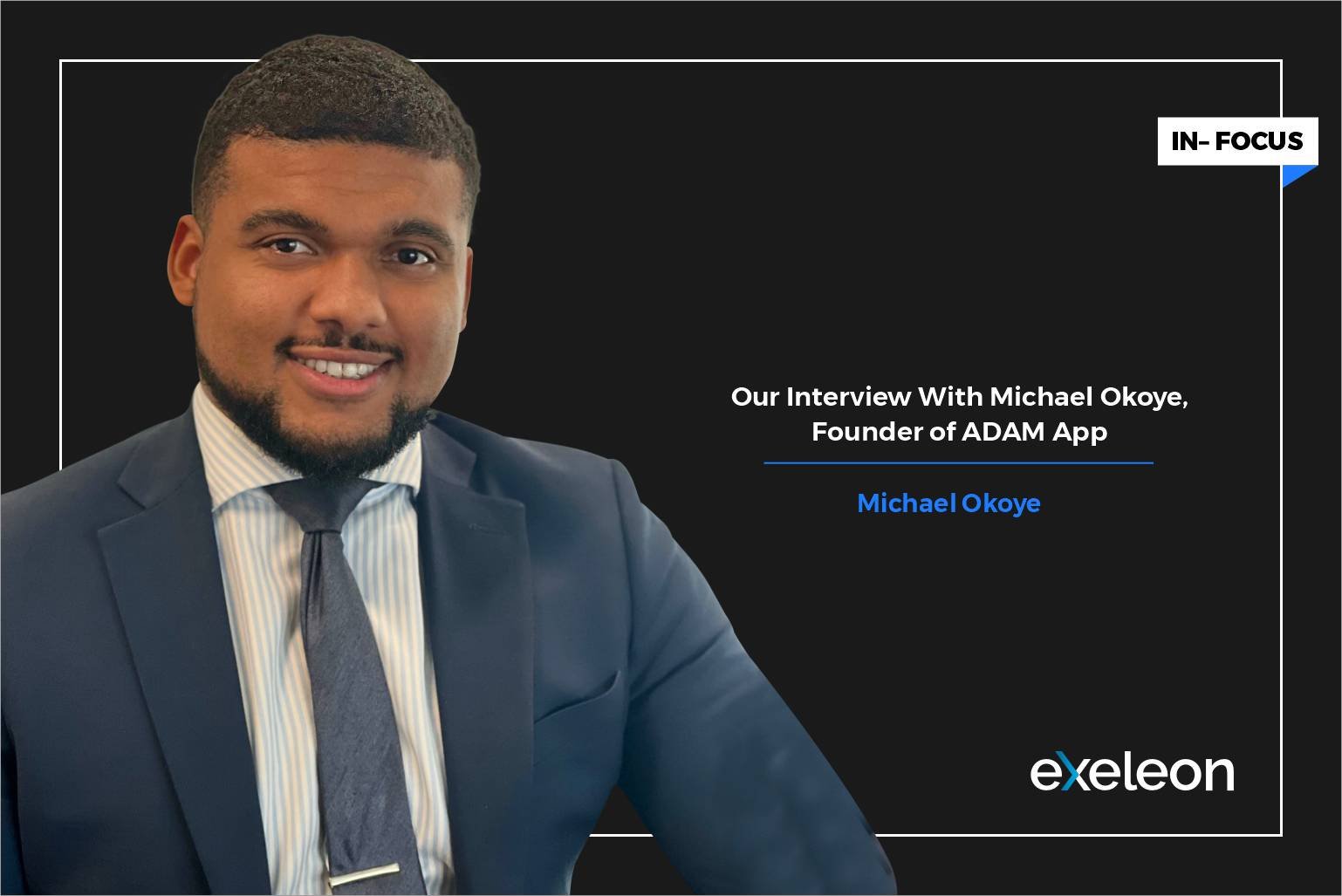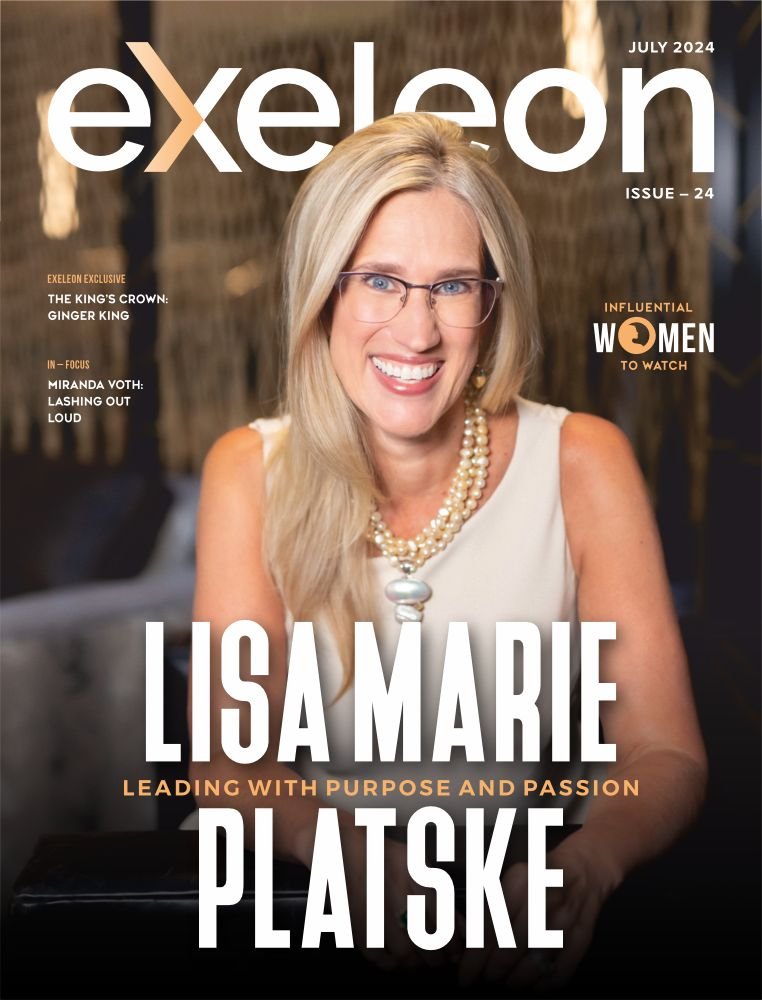
In business and technology, the best ideas are those that no one has yet thought about. And if there’s one subject that no one likes to think about, it’s the end of life.
With extraordinary creative imagination, Canadian entrepreneur Michael Okoye has ventured into this space, applying leading-edge technology to solve a quandary that would have confounded history’s greatest philosophers: What happens to my online life when I die?
It’s a question unique to our time, but an important one for anyone who has ever created a social media account, uploaded a photo to the Cloud or stored critical passwords online. Okoye’s invention is the ADAM app, the All-Life Digital Asset Manager, available as a free download at the Apple App Store and Google Play Store.
The app provides a secure and controlled release of digital assets after the user has passed away, according to his or her wishes. It prevents days of frustration that family, accountants and estate attorneys may encounter when they seek to access password-protected online files.
The ADAM app promises peace of mind and the reassurance that digital assets will be released to designated beneficiaries securely and efficiently. Cherished memories and important files are not only protected, but will live on.
Recently Michael shared his thoughts on his company, his timely product and the market that is fueling the demand for this pioneering technology:
Q: What was the genesis of the idea for ADAM App?
Michael Okoye: That’s a great question. When I was 15 years old, I got hit by a car and I almost lost my life. My dad was raising me as a single father. So in that moment, he not only almost lost me, but he almost lost everything that I had on my phone.
All the precious memories and photos that we had together on my phone would have been gone if I had passed away. And that’s where the idea of ADAM came from. ADAM allows you to upload and personally curate photos, files, videos and precious memories onto the app and allow your loved ones to access them when you’re gone.
Looking back, the biggest question I always had was, what if I did pass away? My dad would have missed out on all of those beautiful memories that we had created. So there would have been this huge piece of our lives that he would have been missing. And you know, that would have been just a horrible thing for a father to experience on top of losing his son in the first place. That’s where ADAM came from.
Q: How did this experience affect your personal goals or even change your perspective on life?
Michael Okoye: When I got hit by the car, I was in high school. I was in the hospital for two months, so I missed two months’ worth of school, which was quite a bit. So that time in recovery taught me perseverance and how to handle adversity and challenges. It was not an easy time at all, but it taught me not to give up. There was a lot of emotional and physical pain that I had to go through, yet I still had to show up to school and complete the courses. And thankfully, I was able to graduate on time, which was huge. That perseverance and determination I learned there translates to my experiences in the business world. I’ve learned to never give up, even when I feel I’m at my lowest point – to just keep my head up and keep moving forward, to face the challenges and tackle them. So that experience certainly made me more resilient.
Q: You recently introduced two new features – the executor key and the release timer. What is the purpose of these innovations, and how do they work?
Michael Okoye: With ADAM, since you’re uploading such personal items, and they could be sensitive material, we want to make sure that those items are securely passed on to the right people at the right time. That’s where the executor key and the release timer come in. These are two things that we patented.
Let’s say you and I are best friends and we have a bunch of memories together that you would love to share with me if something would ever happen. As soon as you make ADAM accounts, you’re given an executor key. Now this key is a 32-digit alphanumeric code that you would give to someone who you want to have access to your ADAM account.
The release timer serves as a second layer of security. When you sign up on ADAM, the release timer starts, and it’s set for a default of two weeks. So for example, let’s say I’m interested in seeing what you’ve uploaded on your ADAM accounts while you’re still around. If I took your executor key and tried to access your ADAM account, it’s going to send you multiple notifications, letting you know that someone’s trying to access your account. Obviously you’d probably not want anyone in there, so you would deny access.
Now let’s say, God forbid, something happened to you. And since I’m a close friend of yours, I would know this thing happened, so I would then use the executor key to try and access your ADAM accounts. When that two week timer lapses, that is when I would finally gain access to the ADAM accounts where I can see all of those precious photos and files. Whatever you thought was important to leave behind for me would be left there for me to download to my phone.
Q: Do you have any competition, and if so what differentiates your product?
Michael Okoye: We’re the first ones in the market to do something like this. Now there are similar products, but these products are all-or-nothing solutions. For example, a common question is, what about my iCloud? Or what about a legacy key or a Dropbox? The issue with those solutions, and what makes us completely different, is that we’re not an all-or-nothing solution. If you give someone access to your iCloud, they’re going to see everything; they’re going to see every single photo you have. They’re going to see every single video, every single email and text, all of that stuff. Have you ever heard the saying, “If I die, please delete my browser history?” There’s a reason for that. We don’t necessarily have things that we want to hide or we can’t show people, but as humans we are generally private, right? We don’t want to share everything.
With ADAM, you’re allowed to upload and personally curate the things that you want people to see, so you can choose to leave the legacy you want. We may not necessarily want to share things with people when we’re alive. But when we’ve passed away, we’d like them to be able to access certain things.
That’s the issue that ADAM solves. It allows you to personally curate and leave the lasting impression that you want. It also makes it easier for your friends and loved ones to go through all those memories. They receive the package you’ve made for them right away, so there’s no sifting through things.
In addition, our executor key and the release timer features are unique. A lot of these solutions don’t have that extra layer of security that allows you to choose who and when you want people to see these items when you’re gone. It’s kind of like, OK, here’s a password; here’s everything, have at it. ADAM is a lot different than that. It allows you to curate and specify the “who, what and when” for all your media and all your memories. It provides you with control over your legacy.
Read more interviews and features of leaders on Exeleon Magazine or be the next leader to be featured / interviewed on our platform.









